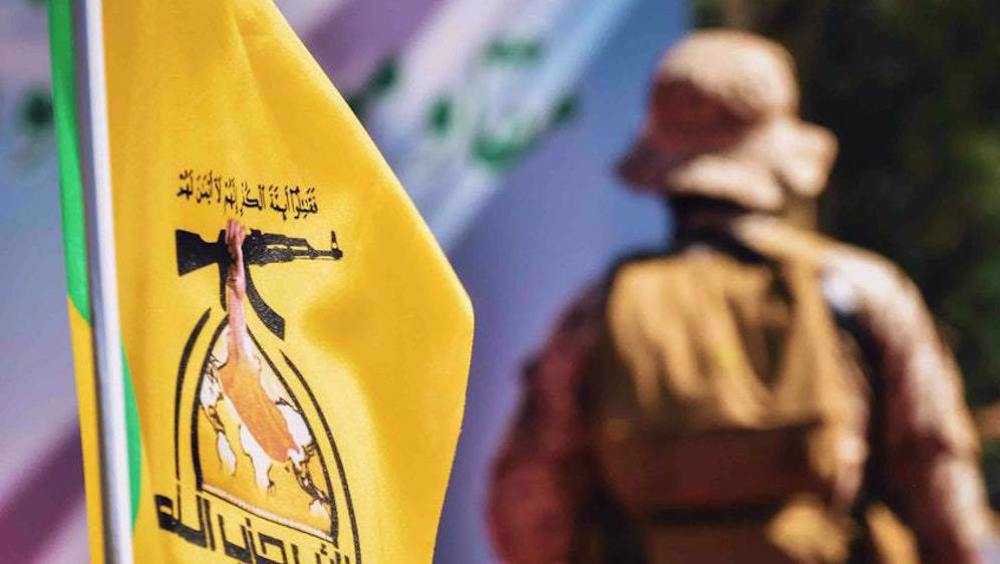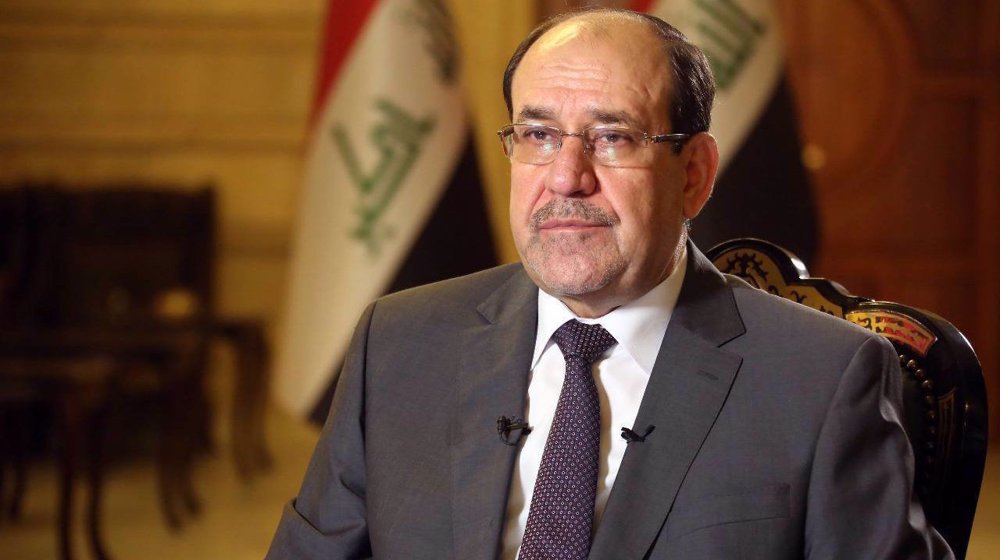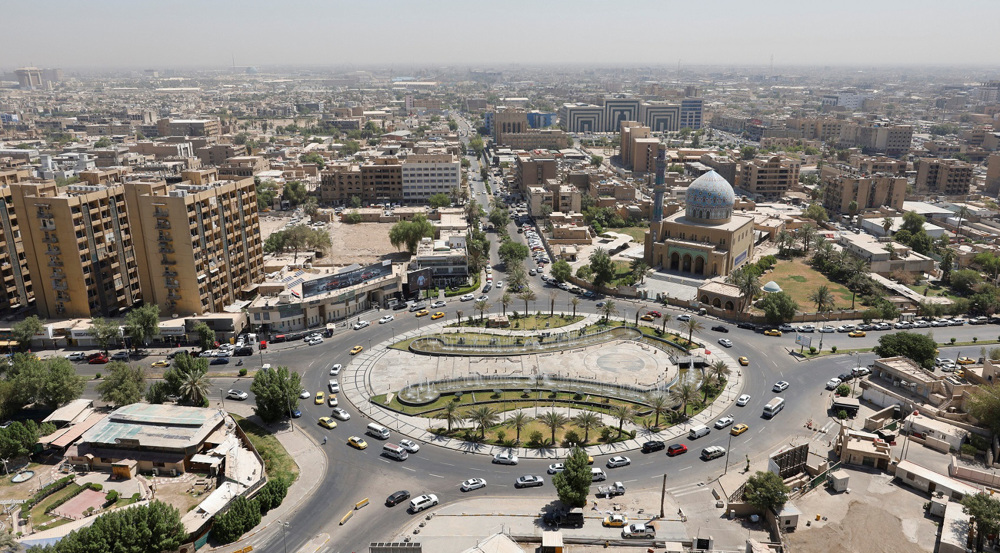Iraq’s cleric Sadr says talks with Prime Minister Abadi ‘constructive’
Iraq’s senior cleric Muqtada al-Sadr says he had a “constructive and successful” meeting with Prime Minister Haider al-Abadi.
The Iraqi cleric made the remarks after talks in the holy city of Najaf on Saturday.
Sadr also praised the Iraqi premier’s deep understanding of all issues in the Arab country ranging from politics to security and economy.
Abadi, for his part, said during a joint press conference that he is certain all political parties in Iraq will join forces in the fight against the Daesh Takfiri terrorists.
The Iraqi prime minister highlighted that his meeting with Sadr was aimed at deepening cooperation and constructing Iraq’s future as the country is in the grip of a deadly militancy launched by Daesh.

Abadi also called on all Iraqi politicians and members of parliament to cooperate with security forces and the Popular Mobilization Units in the battle against Daesh.
The meeting came a day after Grand Ayatollah Ali al-Sistani, Iraq's top Shia cleric, called for the unimpeded implementation of Abadi’s reforms that seek to combat corruption and cut government cuts in the country.
“The need to protect the constitution and the law must not be used by the legislative or any other authority to circumvent or delay the reform steps,” Ayatollah Sistani was quoted by his representative Abdul Mahdi al-Karbalai as saying on Friday.

Earlier this month, the Iraqi parliament voted unanimously to bar the Abadi administration from implementing, without its approval, key reforms envisioned in a comprehensive plan aimed at fighting corruption and reducing government costs in the country.
As part of the reform initiative, which had been overwhelmingly approved by the Iraqi legislature back in August, Abadi eliminated three vice president posts and three deputy prime minister positions. He also reduced the size of officials’ security details and dismissed 123 deputy ministers and general managers.
Some of Abadi’s proposed changes to the country’s political system have been implemented but others appear to have stalled.
Apart from public anger over corruption in Iraq, the country also faces a tough security situation. Gruesome violence has plagued the northern and western parts of Iraq ever since Daesh launched its activities and took control of portions of the country in June 2014.
The Iraqi army and the Popular Mobilization Units have been engaged in joint operations to liberate militant-held regions.
Regime-change lobbyist used as Time’s Iran death toll source
US bishops urge ‘respect for life’ as anger swells over ICE killings in Minneapolis
US systematically paralyzing international institutions, Iran tells APA session
Iranian Embassy condemns Israeli airstrikes in southern Lebanon
10 foreign spy agencies involved in plot to destabilize Iran: IRGC intelligence
VIDEO | Gazans pay tribute to Palestinian artists killed by Israel, honor their families
Minneapolis murders by ICE – backed by Trump – push US to the brink as protests intensify
Zelensky claims US security pact '100% ready' as war continues










 This makes it easy to access the Press TV website
This makes it easy to access the Press TV website